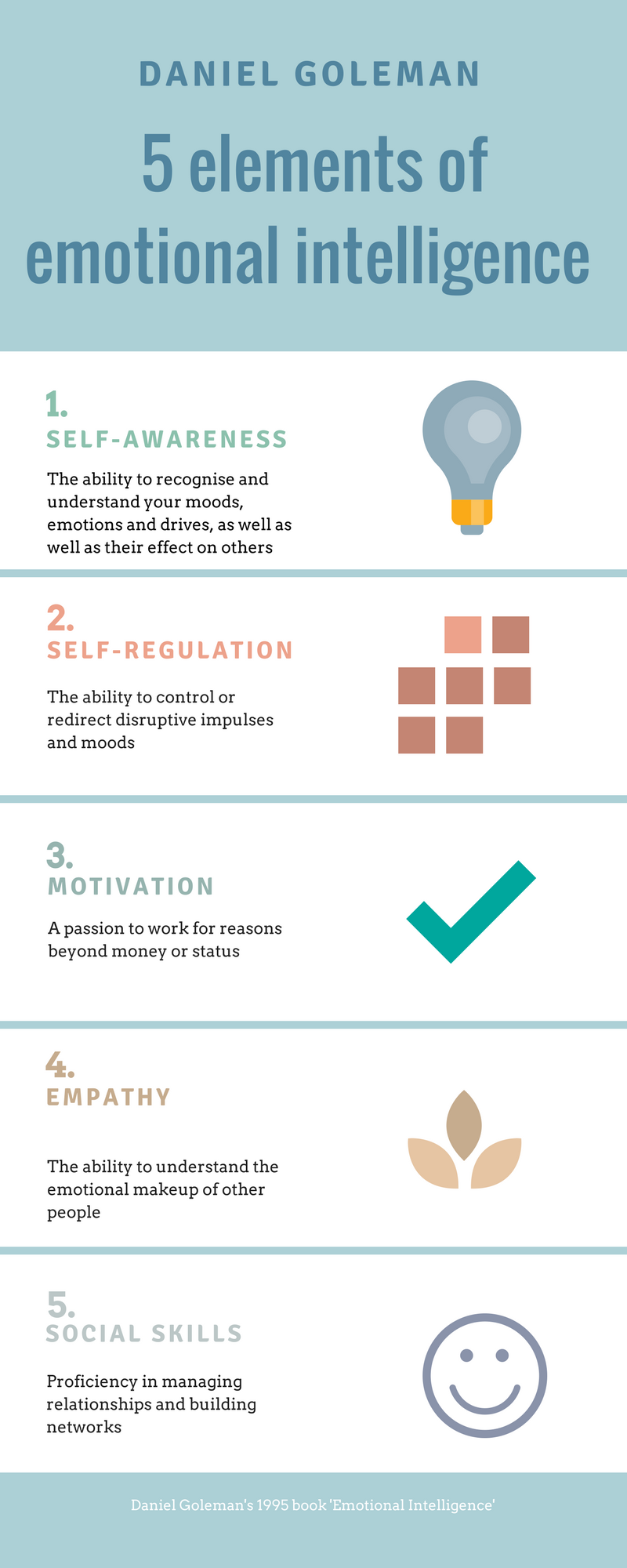
Mastering the art of effective listening can help foster great coalitions, develop stronger business relationships, boost sales, deliver outstanding projects and who knows, even help you get that long awaited promotion.
“The ability to listen is as important as the ability to speak.” – Sheryl Sandberg, Facebook COO
One of the characteristics of effective listening is the ability to listen carefully to what others are saying in order to interpret messages and subsequently, create a chain of communication that is never misunderstood.
In today’s digital age, we spend more time communicating but less time listening sincerely. Have you ever been to a meeting where people are sitting around the table clearly not paying attention and fidgeting ? Or maybe someone kept checking their phone under the table ? Or perhaps you were having a conversation with someone but you kept interrupting them?
In his book, Power Listening: Mastering the Most Critical Business Skill of All, Bernard T. Ferrari, suggests four steps in developing a good listening foundation:
- Show respect
- Keep quiet
- Challenge assumption
- Maintain focus
While it might seem overly obvious, Jeffrey Immelt, Chairman and CEO of General Electric, who wrote the forward in the book states, “listening may be the single most undervalued and undeveloped business skill, especially in an age of increasing uncertainty and fast-paced change.”
SELF-AWAReNESS AND empathy
Being self-aware and honest about your own communication style can serve as guidance to what you need to work on. The easiest way to improve your listening skills is to be more mindful of how you’re coming across.
Always pay attention to your body language and other non-verbal cues such as your hand gestures, nodding and sitting relaxed with open arms to make sure you’re giving off the right signals and observe the signals those around are giving you.
“Empathy is not sympathy. Sympathy is a form of agreement, a form of judgment. And it is sometimes the more appropriate emotion and response. But people often feed on sympathy.
It makes them dependent. The essence of empathic listening is not that you agree with someone; it’s that you fully, deeply, understand that person, emotionally as well as intellectually.” – Author of The 7 Habits of Highly Effective People, Stephen R. Covey
Building trust is critical to becoming truly effective at what you do and empathy is a key component in building trust with colleagues. Good listeners need to listen to understand in order to truly grasp how people around them are affected by what they do.
6 easy steps to become the listener everyone wants to speak to:
- Always face the person speaking
- Summarise and paraphrase key messages
- Maintain healthy eye contact
- Remove any distractions including mobile phones
- Relax and nod occasionally
- Take notes
AND FOR HEAVENS SAKE DON’T INTERRUPT
One of the best tips for effective listening is to wait till the speaker has paused or has finished making a point before you clarify with any questions you have.
If you’re busy framing your reply or your counter argument while the speaker is still talking, you run the risk of not understanding the complete message, coming across as though you’re not listening and worst of all, possibly creating barriers that could hinder future communication.
Templar recommends:
8 Ted Talks on the importance of listening, and how to do a much better job of it

